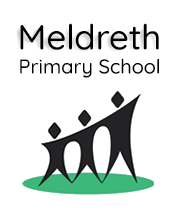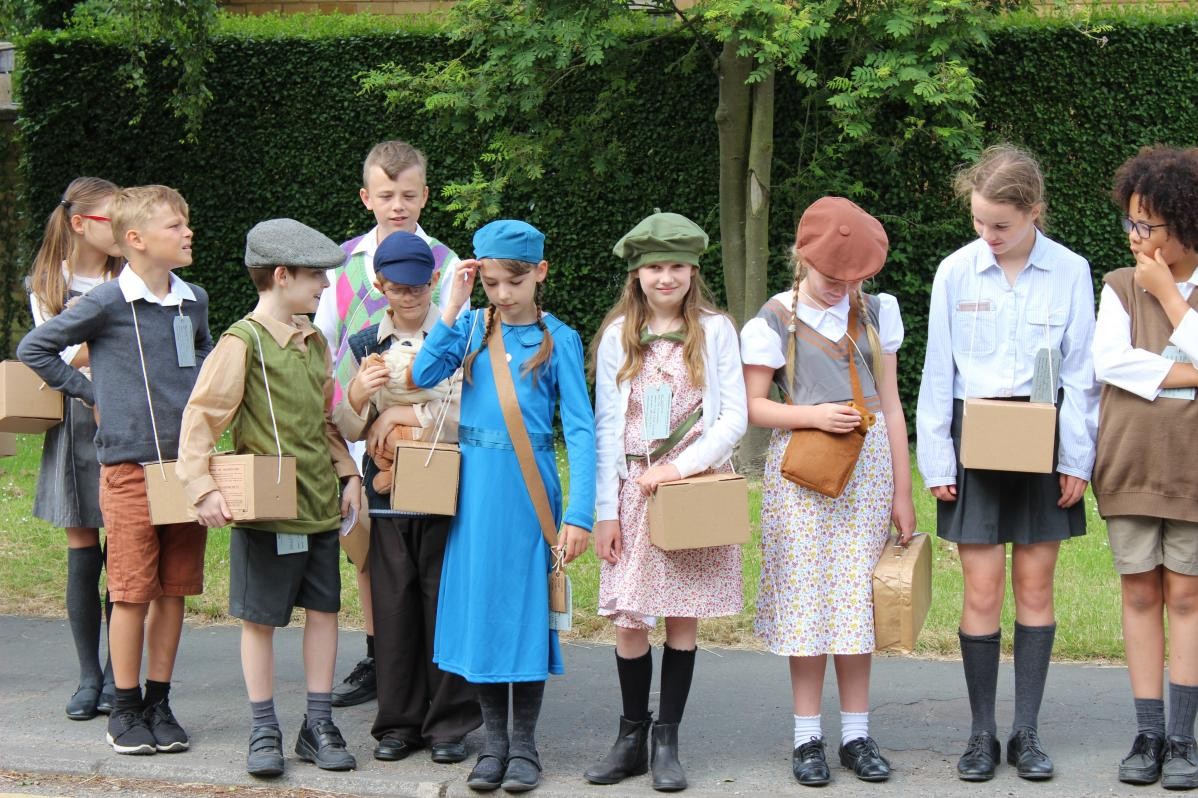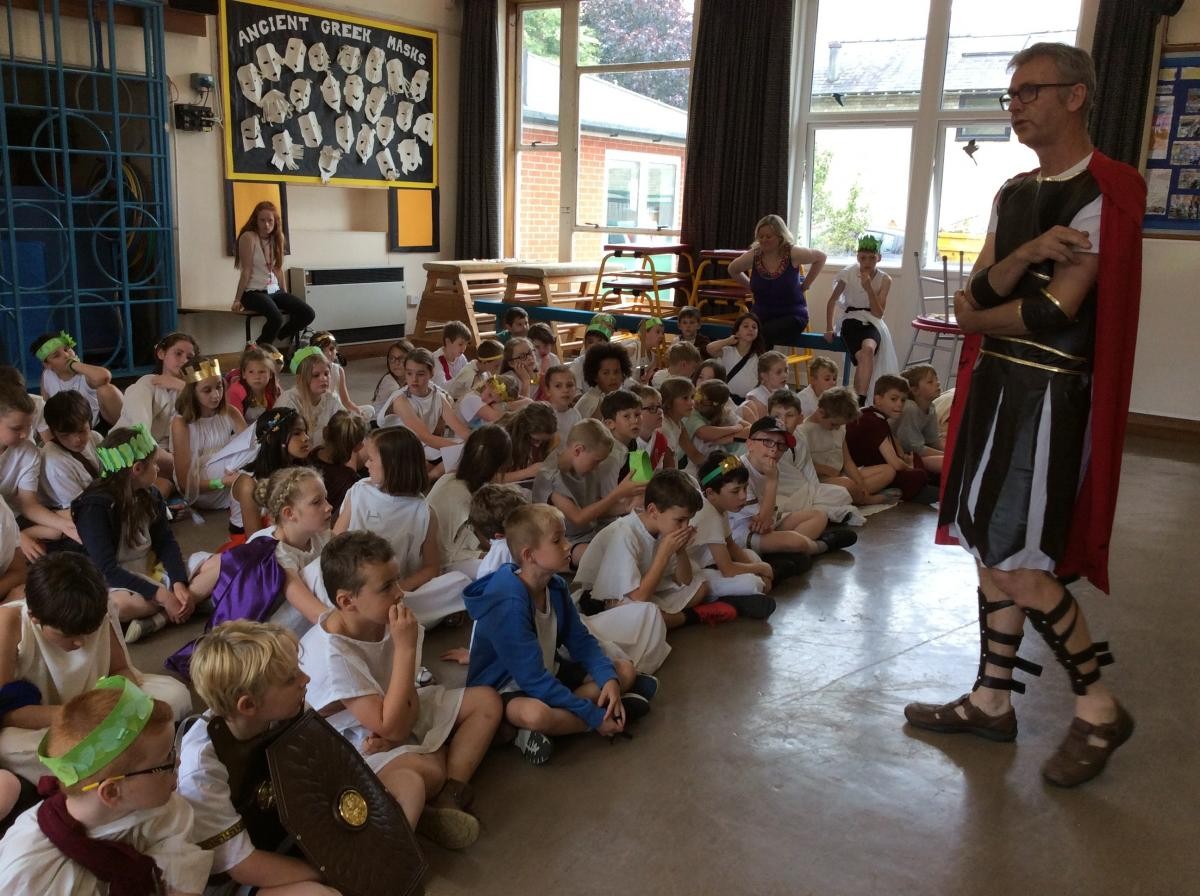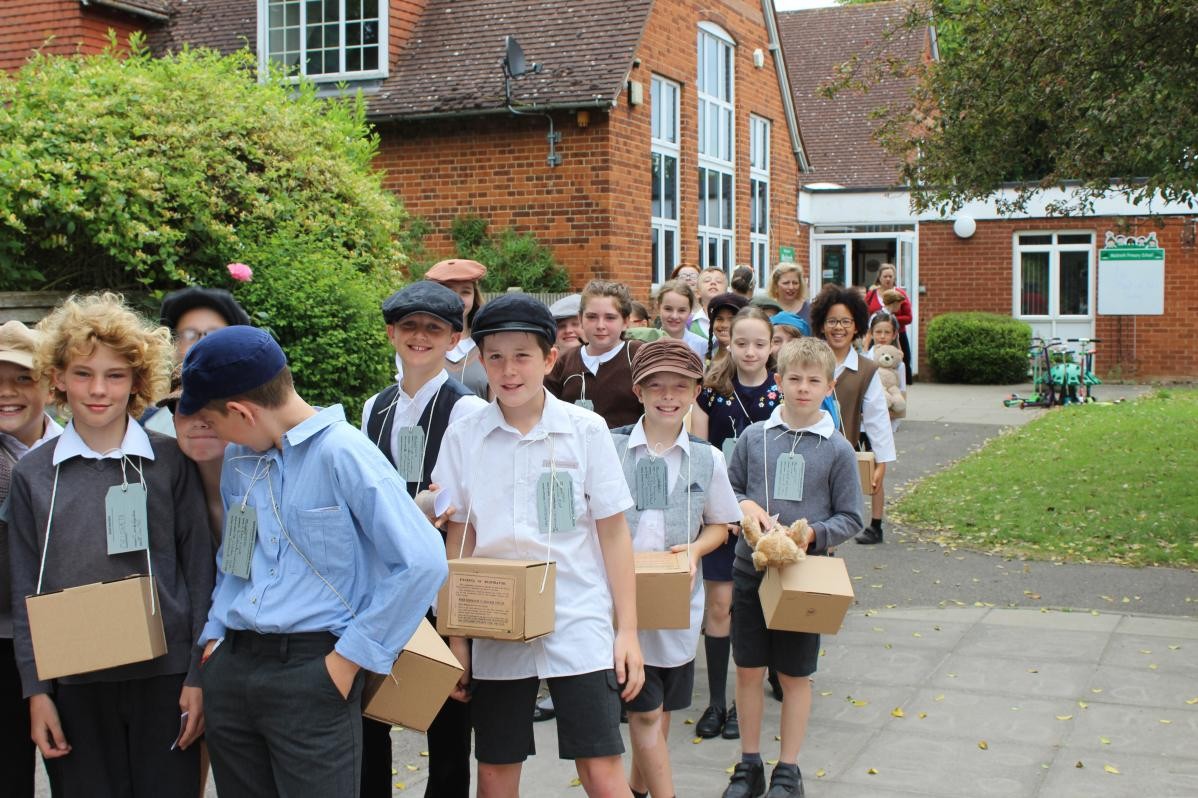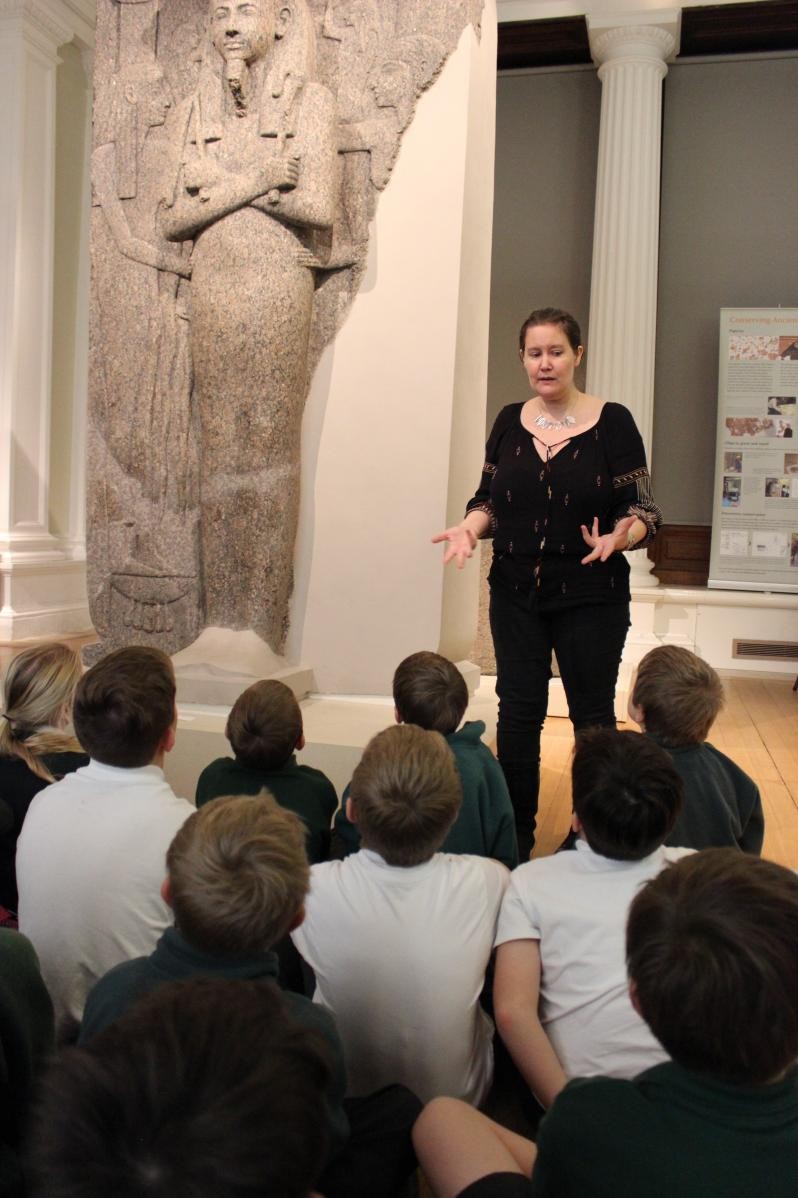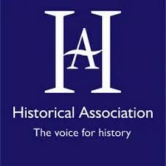
‘A people without knowledge of their past origin and culture is like a tree without roots’. Marcus Garvey
We are members of the Historical Association
History tells the story of how people have strived, succeeded (and occasionally failed) to survive and thrive. We want our pupils to see this journey spread before them and understand how it leads to the present: to see the ambition, struggle, co-operation, conflict, success and failure that is evident in every period studied. History opens our eyes to the diversity of human experience; it provides us with opportunities to learn more deeply about society and ourselves, and knowledge of the great events of the past helps to bring context to our everyday experiences. Finally, our curriculum endeavours to teach children to respect the past so they can develop into just and open-minded historians.
*For this academic year, Year 6 topics will be - WW2, Rainforests and The Changing Role of Women to ensure there is no overlap as we move from our joint UKS2 curriculum.
